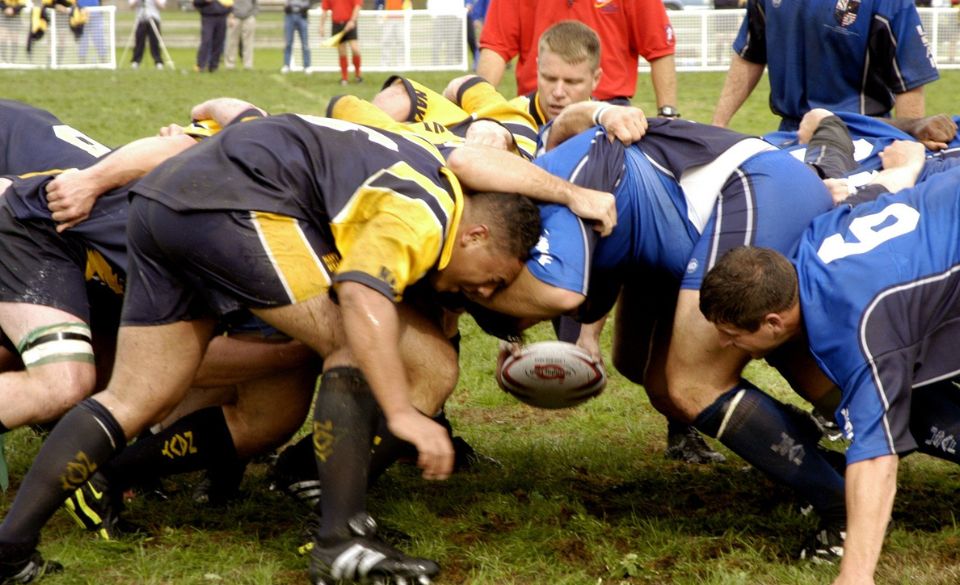
The Evolution and Impact of Sports Tournaments in New Zealand
Page Contents
New Zealand, an emblematic figure in the world of sports, has perfectly transitioned through various eras, further solidifying its prowess in sports tournaments. This transition hasn’t just been a matter of trophies and accolades; it’s been about knitting together diverse communities, strengthening national unity, and establishing a mark on the international sports canvas. Over the centuries, the Kiwi landscape has witnessed numerous sporting phenomena. From the rugged terrains where rugby heroes have risen to the tranquil waters that have birthed yachting legends, the nation’s natural assets have often served as the backdrop to its athletic triumphs.
A Historical Dive: Setting the Scene in the 1800s
New Zealand marked its presence in the international sporting realm towards the end of the 19th century. This period saw the emergence of remarkable talents like long-distance walker Joe Scott, who dazzled in Britain with multiple race victories in 1887. Similarly, the Thoroughbred racehorse Carbine clinched the Melbourne Cup in 1890, signalling New Zealand’s prowess in equestrian events. However, it was the national rugby team’s maiden voyage to Britain in 1888 that made the world sit up and take notice. Their emblem of the silver fern became synonymous with New Zealand’s sporting identity, still prominently showcased on their uniforms today.
Rugby Dominance: The All Blacks Phenomenon
The All Blacks, New Zealand’s pride in the world of rugby, commenced their British tours in the early 20th century. The 1924-25 team, labelled as The Invincibles, went undefeated, echoing the country’s spirit – fierce, resilient, and exceptional. They showcased the nation’s essence, presenting New Zealanders as determined individuals with innate leadership abilities. Further, the All Blacks have continually asserted their dominance, clinching their first World Cup in 1987 and subsequent titles in 2011 and 2015. Their customary Maori challenge, the haka, performed before every international game, encapsulates New Zealand’s rich cultural heritage and has been a mesmerising spectacle for audiences worldwide.
Broadening Horizons: Diverse Sporting Triumphs in the 1900s
While rugby took the early limelight, the 20th century witnessed New Zealand asserting its dominance across a spectrum of sports. The prowess of celebrated athletes such as Jack Lovelock came to the fore when he won gold in the 1,500 metres running competition at the 1936 Olympics in Berlin. Parallelly, Yvette Williams carved out her legacy by clinching two gold medals in the 1950s. Her achievements transcended the realm of sports, since they captured the collective imagination of the nation. Further amplifying New Zealand’s spirit of conquest, Edmund Hillary, accompanied by Sherpa Tenzing Norgay, etched their names in history by scaling the heights of Mt Everest in 1953.
Transitioning into the latter part of the century, the introduction of live television broadcasting reshaped the nation’s sports consumption. It granted New Zealanders access to lesser-celebrated sports, offering a platform for local athletes to shine in global events such as the Olympics and Commonwealth Games.
Modern Day Exploits: The 1990s and Beyond
In the 1990s, yachting began to command considerable attention, underscored by New Zealand’s formidable performances in international arenas, notably their triumphs in the America’s Cup in 1995 and 2000. Given the nation’s terrain, the ascent of water-centric sport tournaments in its sporting narrative feels fitting. Those events have gained even more attention in the New Zealand community, given it was because of them that people could now keep track of their favourite players and track progress. In addition, the latter part of the century witnessed an amplification in celebrating women’s sporting feats, manifested in the remarkable successes of teams such as the Black Ferns (rugby) and the Silver Ferns (netball).
Positive Ripple Effects of Sports Competitions in New Zealand
In the landscape of New Zealand, sports competitions transcend the confines of mere competitions. They symbolise a profound representation of the nation’s intrinsic spirit, collective unity, and deeply rooted identity. Such events serve as a global podium, shining a spotlight on the country’s prodigious talent and asserting its presence on the world stage. But their influence is not limited to international acclaim; domestically, they play a crucial role.
Such sporting events act as catalysts in knitting the fabric of diverse communities together, solidifying bonds that extend beyond the playfields. They serve as avenues where sportsmanship is built and local narratives are forged. The health benefits, both mental and physical, promoted by these events are unmistakable. They advocate for active lifestyles, encourage youth participation, and underscore the significance of discipline, dedication, and teamwork.


